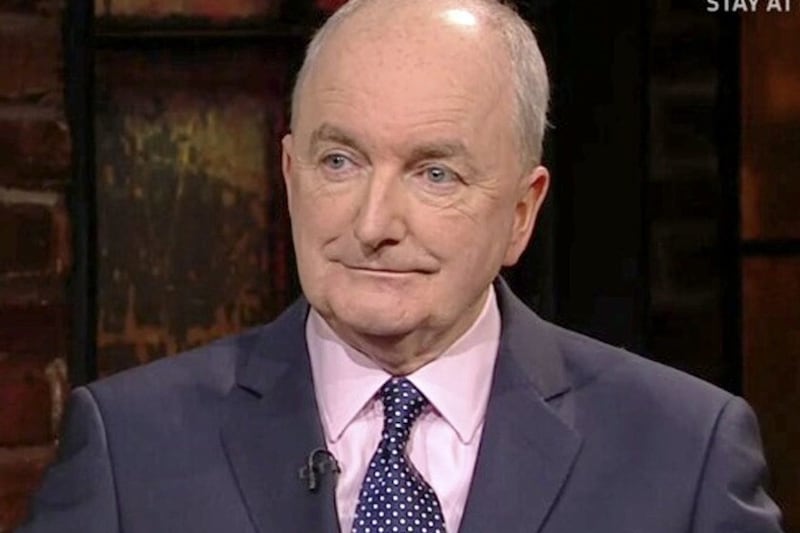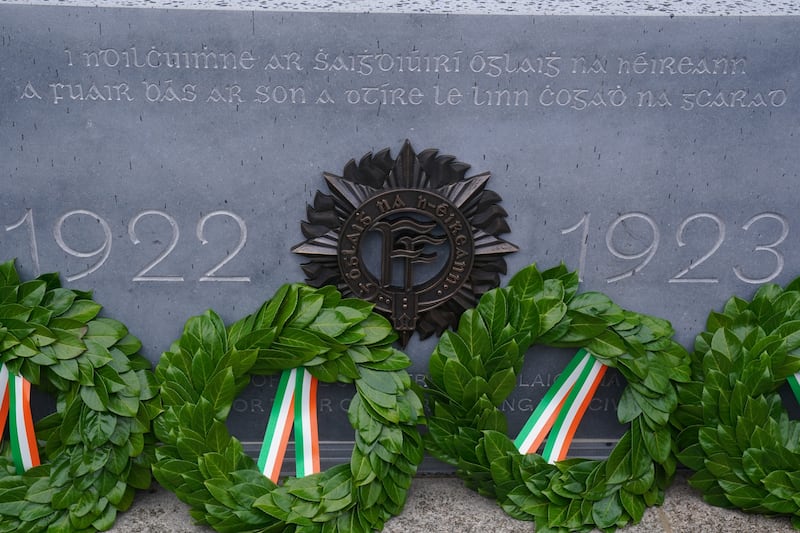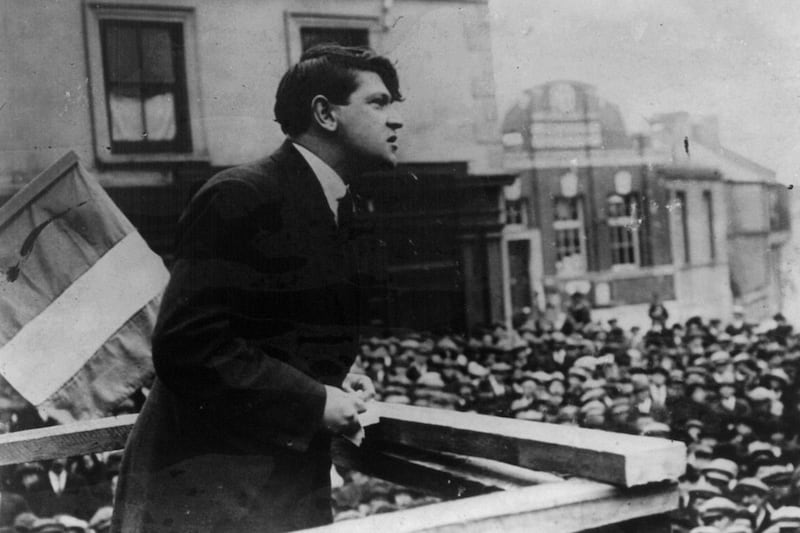It is striking that it was 100 years after the death of Michael Collins before the leaders of Fianna Fáil and Fine Gael were finally able come together yesterday in a joint tribute to his legacy.
When Mícheál Martin and tánaiste Leo Varadkar arrived at the annual Collins commemoration ceremony in Co Cork, the former also became the first Fianna Fáil taoiseach to address the event.
There can be no doubt that the proceedings at Béal na Blath, where Collins was assassinated on August 22, 1922, aged only 31, in circumstances which remain disputed to this day were rich with historical symbolism.
Collins was by any standards among the most important Irish figures of the 20th century, and played a central role in both the struggle for independence and the subsequent civil war.
His memory has always been revered by Fine Gael, although it was not launched until 11 years after his death, and questioned by Fianna Fáil for generations, despite the fact that the party's founding fathers were at one stage his closest associates.
As our coverage today sets out, Collins was not just a military commander during a defining era but also a visionary who wanted to bring about social change in all parts of Ireland.
He was deeply concerned about deprivation and poverty, and hoped that our overall economy could be overhauled through wider investment with the assistance of the Irish diaspora in the US and elsewhere.
If he had survived the turmoil of the period, it is not unreasonable to believe that his energy and determination might well have created a better Ireland for all its people at a much earlier stage.
The taoiseach was entitled to describe Collins yesterday as one of the greatest Irishmen to have ever lived, and someone who had helped to transform his country.
It was also appropriate that the Tánaiste said yesterday’s gathering was an opportunity to reflect on what Ireland had achieved and where we have fallen short.
For most of the last century, the two most serious political divisions on our island involved nationalists and unionists in the north and Fianna Fáil and Fine Gael in the south.
If the schism between the two parties which have dominated the southern state for most of its existence is finally over, there must be hope that reconciliation between the two main northern traditions is also a realistic prospect.






